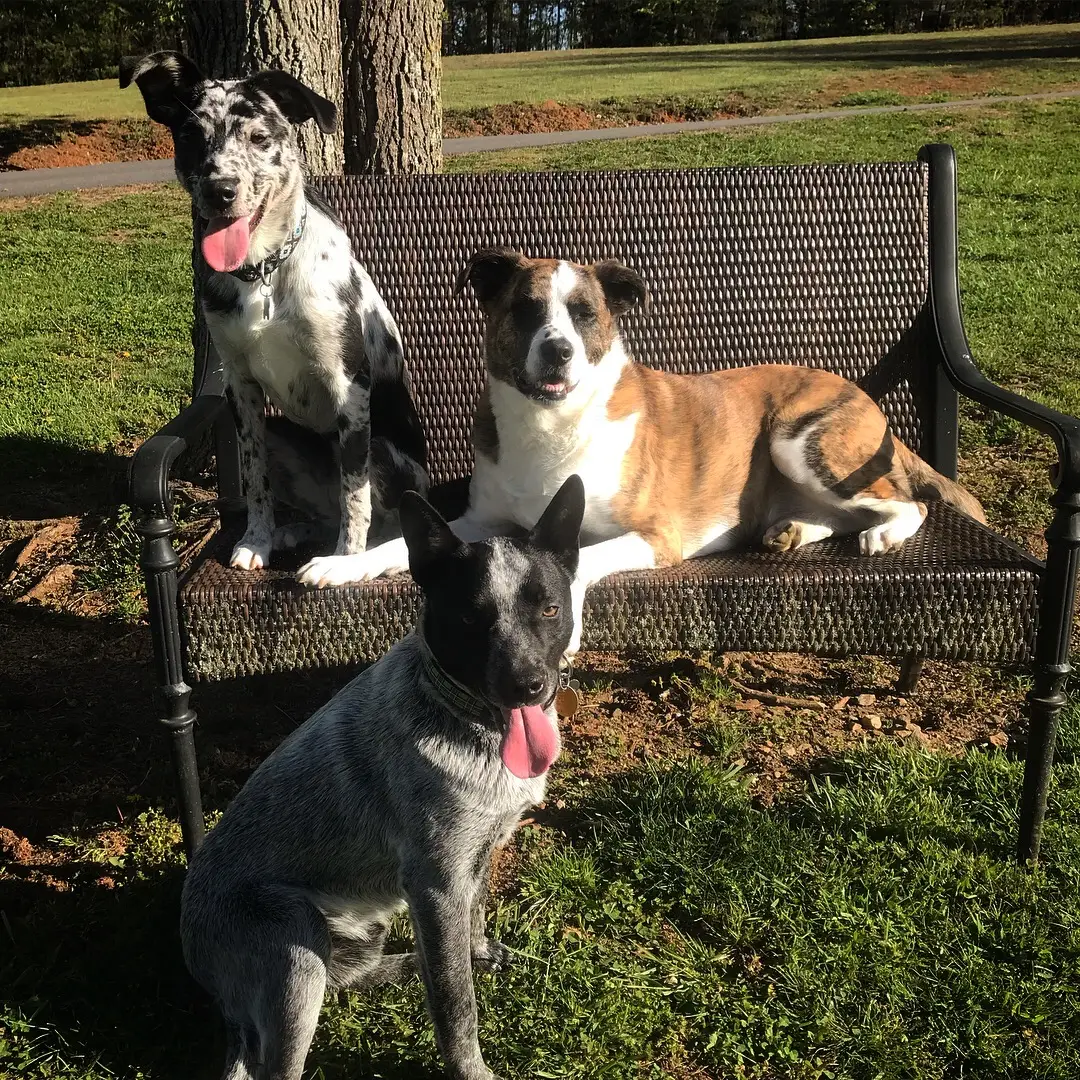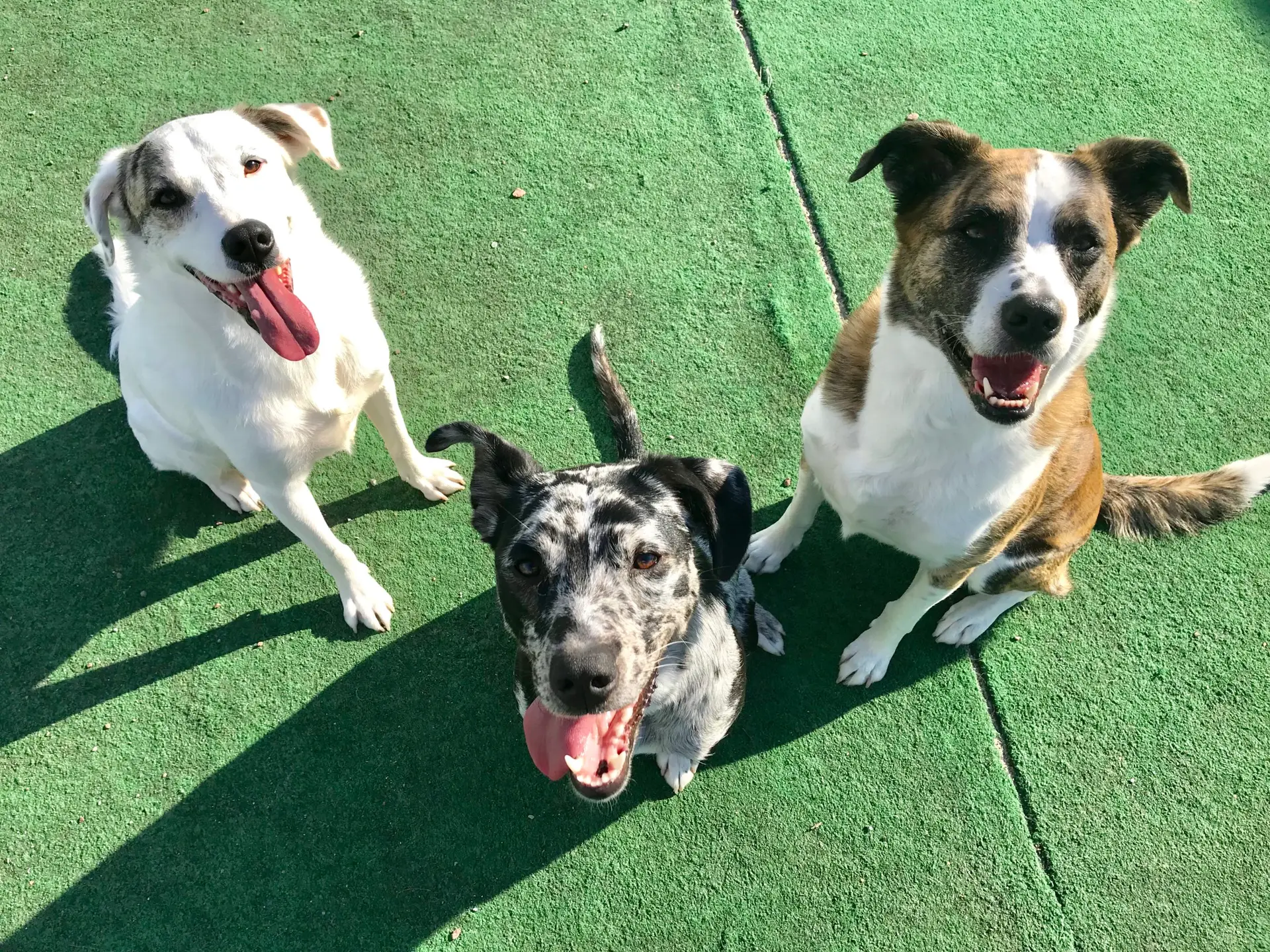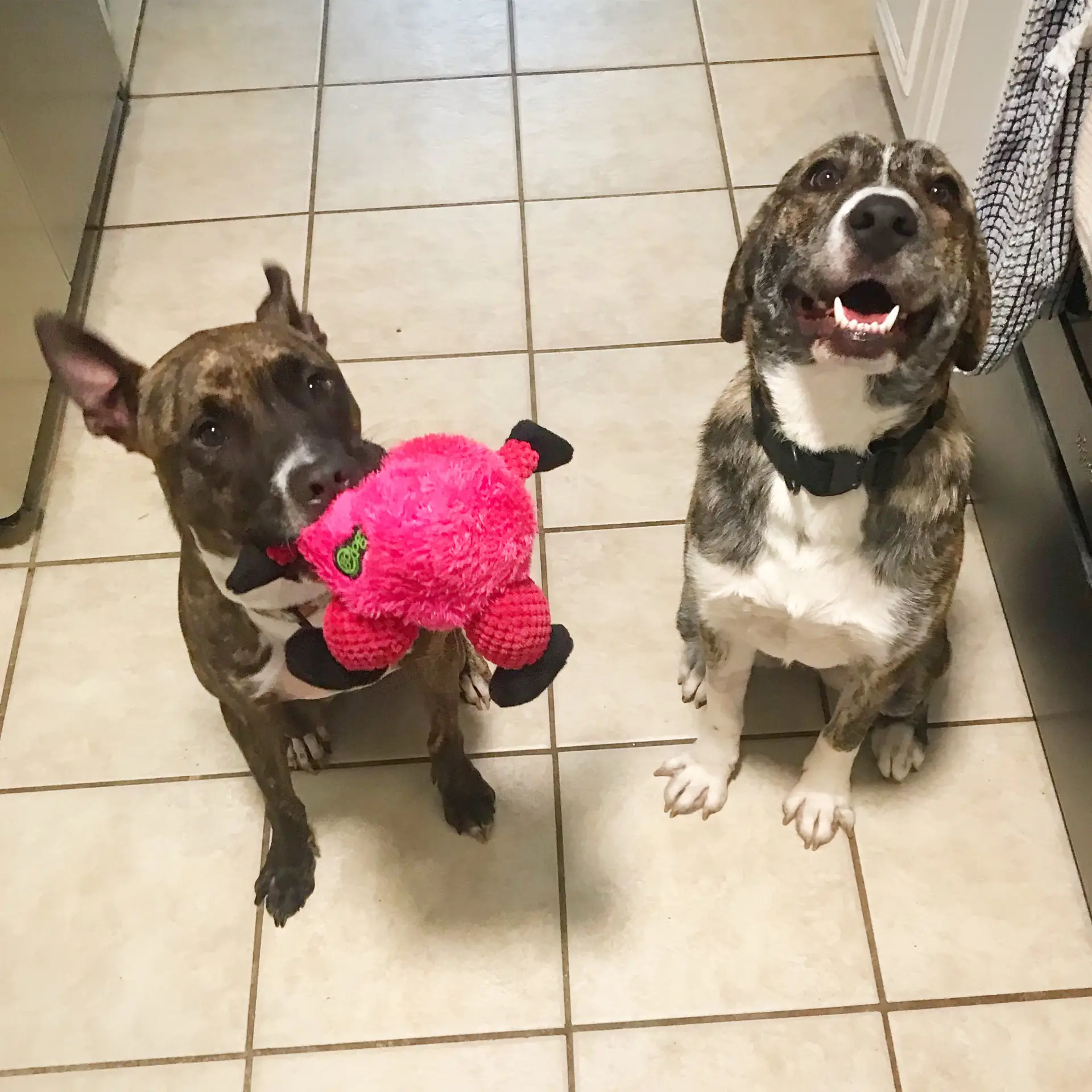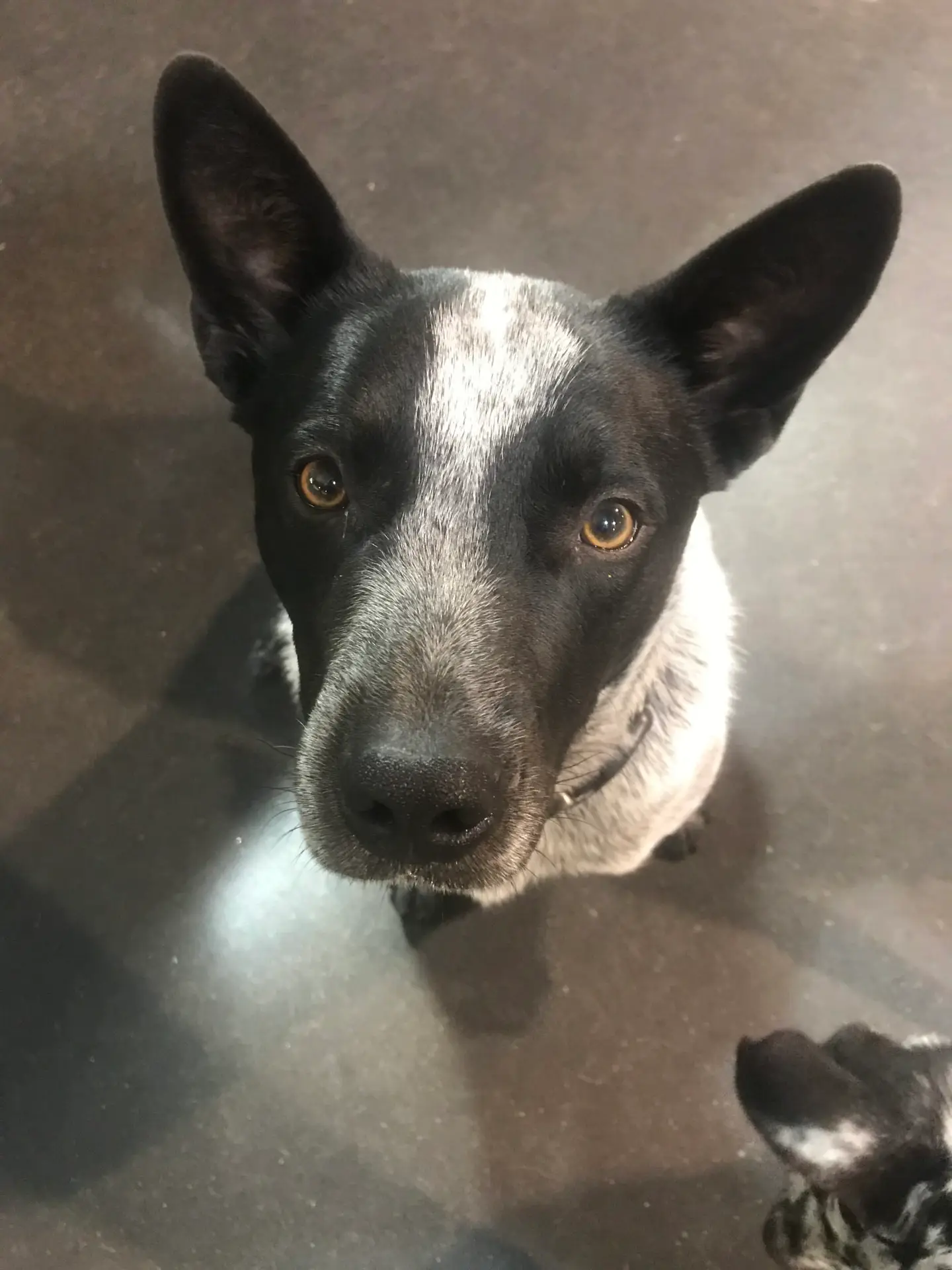I’ve written about fostering fairly recently because I was reflecting on my time with Kilo, but I want to revisit the topic because quite frankly our rescues are drowning in unwanted pets and they need our help. Whenever I make or share a post about fostering, I inevitably get some well-meaning comments like “Oh, I could never do that! I’d get too attached to let them go!” or “My heart is just too sensitive and I would love them too much.” Firstly, while I know these comments are well-meaning and those people do genuinely love animals, these comments often come across as hurtful or insensitive to the people who do open their homes up to animals. Foster parents are not immune to sensitive hearts or difficulties in letting them go. When someone says these things, they’re unknowingly implying that we don’t love these animals, that we don’t feel pain when they leave us, or that our hearts are hard because we’re able to let them go. I assure you that the heartache is real and doesn’t lessen over time and practice. I have never had a single foster dog that I haven’t bawled like a baby over. I pour my heart into those dogs, and the implication that somehow you care too much for dogs to be a foster parent can really sting.
But if the heartache is real and hard and never gets easier, why do it? Because I do love dogs. Because my heartache pales in comparison to the joy it brings me to know that I have helped a dog find a loving forever home. Because the value of being a foster parent goes much deeper than just taking care of a dog for a few weeks or months. Because my emotions are not as important as the little life that I signed up to care for.



So what are the benefits for the dog or cat being fostered? It’s worth it because:
The animal is out of the shelter environment. Shelters are full of some of the hardest-working, dedicated, animal-loving people I’ve ever had the pleasure to meet. They come to work every day knowing that their absolutely best efforts may not be enough to save every animal. They are drowning in unwanted pets due to irresponsible owners and they have limited resources to deal with the problems. They try their absolutely best to help each and every animal that winds up in their care. But due to their limited resources, the shelter environment can be extremely stressful on an animal. They can be noisy and crowded. Sometimes they don’t have enough staff or volunteers to get all of the dogs out of their kennels in a given day. They certainly cannot give each animal the individual attention it needs. The chaotic and stressful environment can often have negative behavioral effects of the animals. Giving a dog or cat a more peaceful environment can have a huge beneficial impact on that animal. My foster Kilo is a prime case of this. He was extremely stressed out in the kennel environment and was starting to lash out. Simply moving him to a quiet home enabled him to relax and feel safe and less stressed. Even just three days into his foster stay with me, I could tell an extreme difference in his mental state.
A foster home can also give a pet much more individualized attention. This means that medical or behavioral problems are noticed and attended to more quickly. The animals are able to form more meaningful relationships with their foster parents and foster siblings if there are any. They might even be learning to trust humans for the first time in their lives. Our foster Casper was terrified of men when we first brought him into our home. It took my husband Nick more than three weeks before Casper would even let him touch him. With patience, time, and affection, Casper was able to learn that people – even men – were not always out to get him.
In a home, a foster dog is also learning valuable social and behavioral skills; they are learning how to behave in a home, which increases their chances of adoption success. The routines and expectations of a home and family are extremely different than those of a shelter, and being in a home allows them to learn and practice “being a pet” instead of continuing to “be a stray.” Kilo had to learn not to steal things off the kitchen counter. Casper learned that invited guests can enter his house without him freaking out. Our foster Slider had to learn how to be okay in a crate and how to ask to go outside to potty. All of our fosters had to learn how to relax inside. These are all very valuable lessons for a dog looking for a forever home.



And what’s in it for the human?
If the things above aren’t enough to convince you that the pain is worth it, the humans gain some really valuable and worthwhile things as well. The first of these benefits is experience. As each dog is different and will have different temperaments, motivations, and needs, you are gaining valuable training experience. You can ask almost any dog trainer the best way to learn how to train dogs, they’ll tell you “work with dogs.” Talk to other trainers and work with as many dogs as you can. Obviously this is not a stand alone recommendation. You will also need to research and ideally work with your local trainers. But even for me, the experience of working with many different dogs and having to adjust my expectations and training methodologies to the dog in front of me has been the single most valuable experience of my training career.
I have a client that recently adopted a dog with some reactivity issues and she actually said to me the other day “You know, I used to really judge people who didn’t have friendly dogs. I was like ‘why would you want to deal with a dog that doesn’t like other dogs or strange people?’ But now that I love this dog, I understand. I understand why people have to advocate for their dog’s boundaries and still want to help them work through their issues.” This client, due to dealing with the first “difficult dog” in her life, is now an advocate for dogs that may not be first on the adoption list. It was really a beautiful moment in my training career. There are some things – especially in the dog world – that you simply cannot understand until you’ve experienced it for yourself and understand that those dogs are worth your time and energy and love too.
In addition to the experience, the human is also becoming involved in a community that is supportive and doing good work. I can’t say that we are immune to in-fighting because there are many different approaches to rescue work, but I can still honestly say that the local rescue community here in Montgomery is full of wonderful, supportive, loving people. It’s a group that I’m honored to be involved in. It’s a community I’m proud of. It’s a group of people that continually contributes to the betterment of our animal population. And fosters directly ease the burden on shelters and rescues by opening their homes, working with these animals, and educating future pet parents. It is literally life-saving work.



There are many reasons to foster. And yes, it is incredibly hard to let them go. But if you’re strong enough to let one go, then you get to make room for the next one. By letting Slider go to his forever home, I was able to help Casper. By letting Casper go, I was able to make room for Kilo. Knowing that Kilo is loved and adored and safe, I can prepare my heart for the next one. Because the magic of the heart is that it just keeps making more room, it just keeps expanding. And damn, it really is so, so hard, but it really, truly is worth it.


